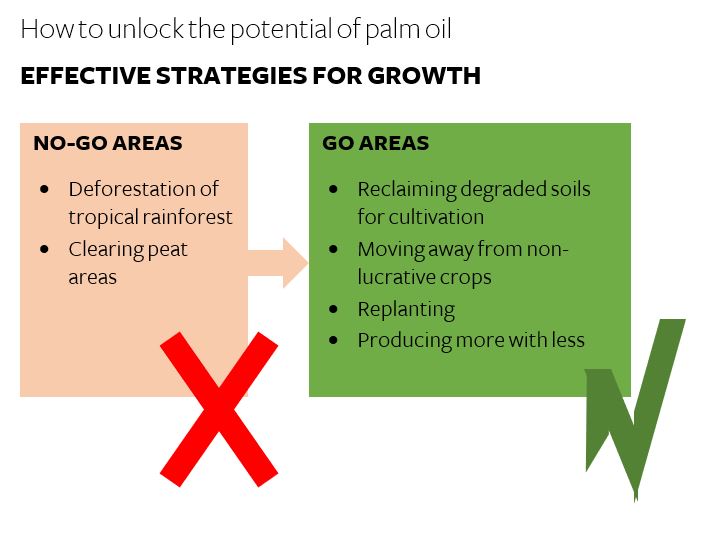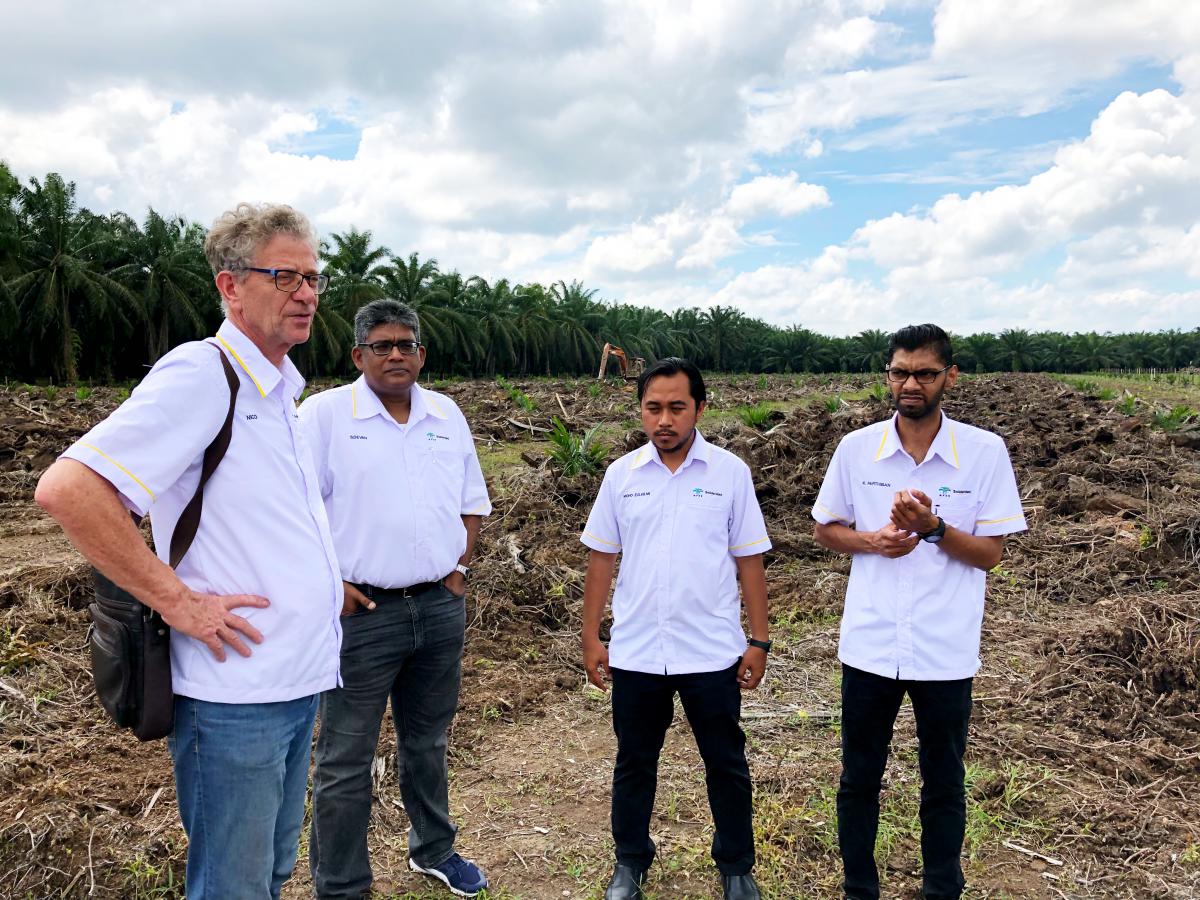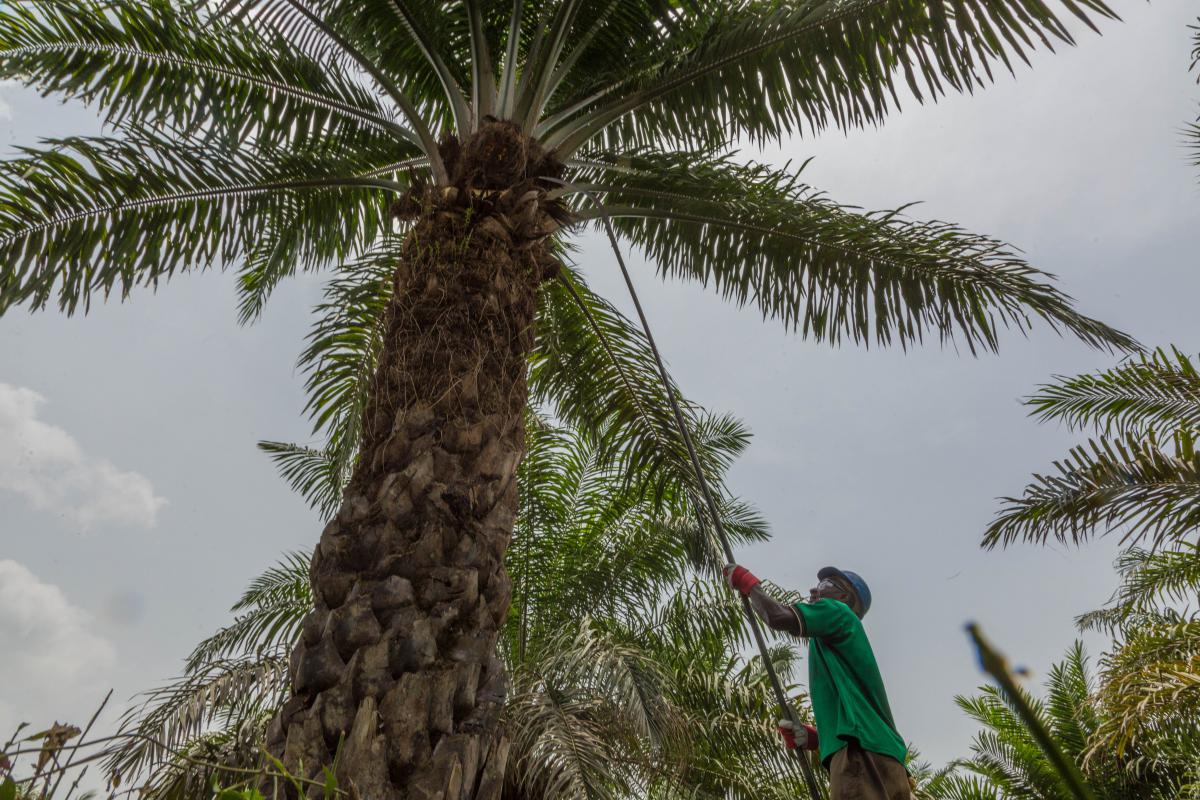Giving palm oil a bad name
Executive Director of Solidaridad Nico Roozen says that the EU’s directive has been unhelpfully framed, giving palm oil a bad name in spite of its potential to support the world’s growing population and to fight poverty.He says:
“An effective, hard green lobby has created an unbalanced picture, pushing a more evidence-based, scientific approach out of sight. Unlocking the economic potential of palm oil is a more uniting agenda than the hard green criticism which overlooks the economic relevance of palm oil for combating poverty.”
“The discourse on palm oil is dominated by negative aspects surrounding the ecological and social aspects of its production. For good reasons. A broad range of improvements are urgently needed. But this agenda, mainly being driven by activists and concerns on externalities, will not accelerate the process towards more sustainable and inclusive palm oil production.”
“Of course, the extension of the sector at the cost of forests or peat land is not a climate smart solution.”
But instead of banning palm oil all together, the better option is to realize its economic potential by directing growth to degraded areas of land, reclaiming it for agricultural production.
“Or improving the productivity on existing plantations and replacing the cultivation of low-income generating crops into more lucrative alternatives like palm oil. For sure we can organize this transformation in a responsible way,” Roozen concludes.
 Future-proofing palm oil to combat poverty
Future-proofing palm oil to combat poverty
Programme Coordinator for Palm Oil at Solidaridad Marieke Leegwater emphasises the importance of palm oil as a factor in the improvement of smallholder farmers’ livelihoods, as well as supporting their local markets and communities.
“About 40% of palm oil fruit worldwide is produced by smallholder farmers, who often only manage to produce half of their potential yield. If we support them to achieve better yields in a sustainable manner, it would lead to a better income for them and future-proof palm oil production for all,” Marieke says.
At Solidaridad, we do not support any calls to ban palm oil. Instead, we help small-scale farmers in Asia, Africa and Latin America to raise their production on existing plantations using better techniques.
“We support local and western governments in drafting better policy, and we encourage national and international businesses to invest in sustainable production. We also call on consumers to keep an eye out for the RSPO logo when purchasing products containing palm oil,” she adds.
Read more around the palm oil debate in recent blog posts on LinkedIn from Executive Director Nico Roozen and Marieke Leegwater


